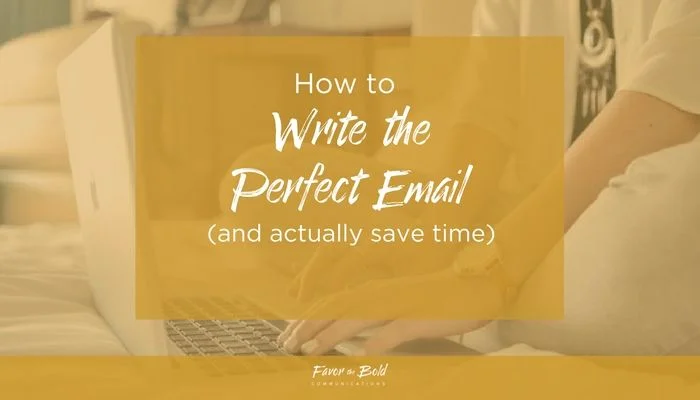I say this all the time: our words shape our reality. I know that sounds like some Matrix-esque shit, but it’s true.
It’s widely accepted that language reflects the human experience. You’ve heard this before: how Eskimos have 50-something words for “snow.” Everyone agrees that our experience determines what words we use.
But I think the inverse is also true: what we say determines our experience. The words we use, the stories we tell, how we describe things, doesn't just reflect how we see the world, it actually decides how we see it. And how we see it is our reality.
Confused yet? Let me explain.
1. Words create self-fulfilling prophecies
I had a client who did interior decoration for a property developer. She sourced furniture and art for several apartments and got great feedback from her client. She had been doing it part time for about a year and eventually wanted to make a career out of it.
During one of our calls, she was telling me that she needed to register her company and mentioned that she was going to register herself as a graphic designer.
“Why a graphic designer?” I asked, knowing she hated her last job in graphic design.
“Because that’s what I went to school for and what I have the most experience in.”
“But why not interior decoration? That's what you're doing now.”
“Because I’m not a real interior decorator.”
The conversation got me thinking about the stories we tell ourselves as creative entrepreneurs. This woman was getting paid to do interior decoration, but in her head, she wasn't a legitimate interior decorator. In her head, she was a graphic designer, simply because that's what she had done most of her career.
Letting your beliefs hold you back is bad enough. But know what's worse? Reinforcing those beliefs with words. Because of course, when people would ask her what she did for a living, what did she say? Graphic design.
What's so bad about that, you ask?
Two things:
1. Because she doesn’t tell people she does interior decoration, no one else thinks she's an interior decorator, which only reinforces her conviction that she’s not legitimate.
And 2. Because no one else knows what she does, she's not hired for other interior decoration jobs, which practically ensures that she never becomes a full-time interior decorator.
In other words: whether or not she says she’s an interior decorator actually determines whether or not she is an interior decorator!
2. Say what you're becoming, not what you are
When we reinforce our limiting beliefs with our words, we limit what we're capable of. The stories in our heads become self-fulfilling prophecies that keep us from what we want. When you say, "I can't," you're right, but only because you've willed it so.
What if instead we used our words to challenge ourselves? What if our words could push us out of our comfort zone and force us to move forward? If we dared to say what we want to become, instead of what we are now?
Take my client, the "not a real interior decorator." Imagine she starts introducing herself as an interior decorator, even if it makes her feel a little uncomfortable. She registers her interior decoration company, creates a website, business cards, the whole shebang. She uses her interior decoration elevator pitch and starts promoting her work.
Imagine the people around her start to understand what she does and the next time they hear someone talking about interior decoration, they say, "Oh, I know someone who does that!"
She starts to get calls from prospects. Maybe she attends an interior decoration trade show where she starts building up her contacts. She might even renegotiate her contract with her current client, because now, she's a real interior decorator.
In this scenario, she only changed one thing: what she says-- the story she's telling herself and others. She's not lying. She's not inventing credentials or pretending she's something she's not. She has simply changed how she describes what she does, and as a result, has changed the reality of what she does.
Often, how you describe the situation is the first step to changing it.
So my question for you is this: what story are you telling yourself? Do your words move you forward or hold you back? Do they help you grow or give you an excuse not to?
The next time you describe yourself or what you do, think about the words you're using and the reality they're creating. And think about whether or not that reality is the one you want.
Because if it's not? You have what you need to change it.











![How to boost your brand offline-- and get more business [Part 3]](https://images.squarespace-cdn.com/content/v1/5671d7a82399a31f114f4c55/1477565172008-2K7456WNHWYM99T12HTV/How+to+boost+your+brand+offline--+and+get+more+business.jpg)